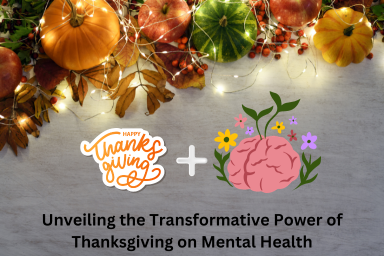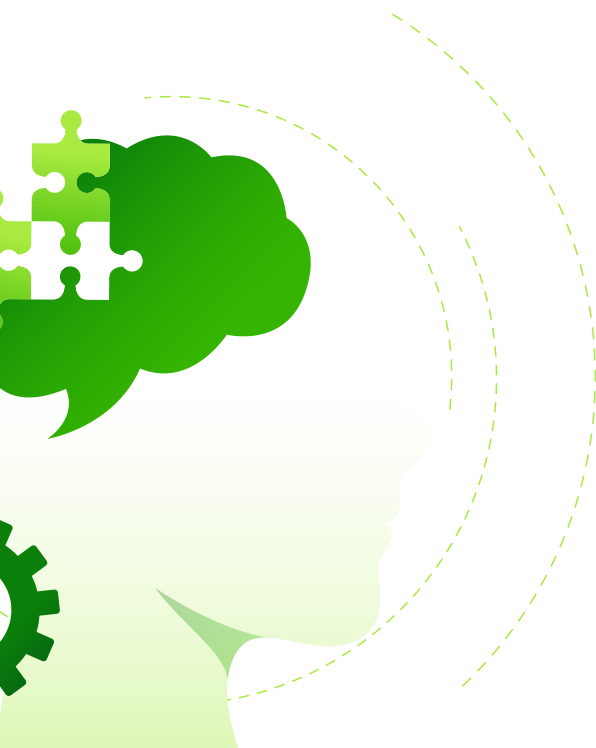
December 8, 2024
- admin
- Leave a Commenton Gratitude and Growth: Unveiling the Transformative Power of Thanksgiving on Mental Health
Thanksgiving, a holiday rooted in expressing gratitude and appreciation, extends far beyond a festive meal shared with loved ones. Beyond the delicious turkey and pumpkin pie, lies a profound opportunity for personal growth and positive impact on mental health. In this blog, we will explore the comprehensive connection between Thanksgiving, mental well-being, and personal development.
- The Power of Gratitude:
Gratitude is a potent force that transcends cultural and religious boundaries. Thanksgiving serves as a designated day to actively reflect on and express gratitude for the blessings in our lives. Research consistently demonstrates that cultivating a habit of gratitude is linked to improved mental health. When individuals focus on what they are thankful for, it promotes a positive mindset and can counteract the detrimental effects of stress and anxiety.
- Example: Journaling three things you are grateful for each day has been shown to increase overall happiness and life satisfaction.
- Building Emotional Resilience:
Thanksgiving provides an opportunity to acknowledge and appreciate the challenges and adversities that have shaped us. By expressing gratitude for the lessons learned and the strength gained through difficult times, individuals can foster emotional resilience. This resilience becomes a crucial asset in navigating life’s inevitable ups and downs.
- Example: Sharing stories around the Thanksgiving table about overcoming challenges can create a supportive environment and inspire others to view difficulties as opportunities for growth.
- Fostering Connection and Social Support:
The holiday season often brings people together, reinforcing the importance of social connections. Meaningful interactions with friends and family during Thanksgiving contribute to a sense of belonging and social support, which are vital for mental well-being. Strong social ties are associated with lower levels of stress and increased feelings of happiness.
- Example: Hosting a Friendsgiving or reaching out to someone who may be spending the holiday alone can strengthen social bonds and contribute to a sense of community.
- Mindful Reflection and Self-Discovery:
Thanksgiving encourages introspection and mindful reflection. Taking stock of personal growth, accomplishments, and aspirations allows individuals to align their actions with their values. This self-awareness is foundational for personal development and contributes to a sense of purpose.
- Example: Creating a Thanksgiving tradition of setting personal goals for the upcoming year fosters a forward-looking mindset and motivates individuals to strive for continuous improvement.
- Gratitude in the Workplace:
Beyond personal relationships, expressing gratitude in professional settings can positively impact mental health. Employers who foster a culture of appreciation and gratitude contribute to a more positive and productive work environment.
- Example: Implementing a workplace gratitude program where colleagues can recognize and appreciate each other’s contributions can enhance team dynamics and job satisfaction.
Conclusion:
Thanksgiving, often viewed as a time of indulgence and feasting, holds a profound significance for mental health and personal growth. By embracing the spirit of gratitude, fostering social connections, and engaging in mindful reflection, individuals can harness the transformative power of this holiday throughout the year. As we gather around the Thanksgiving table, let us not only savor the delicious food but also savor the opportunity for gratitude, personal development, and improved mental well-being.



